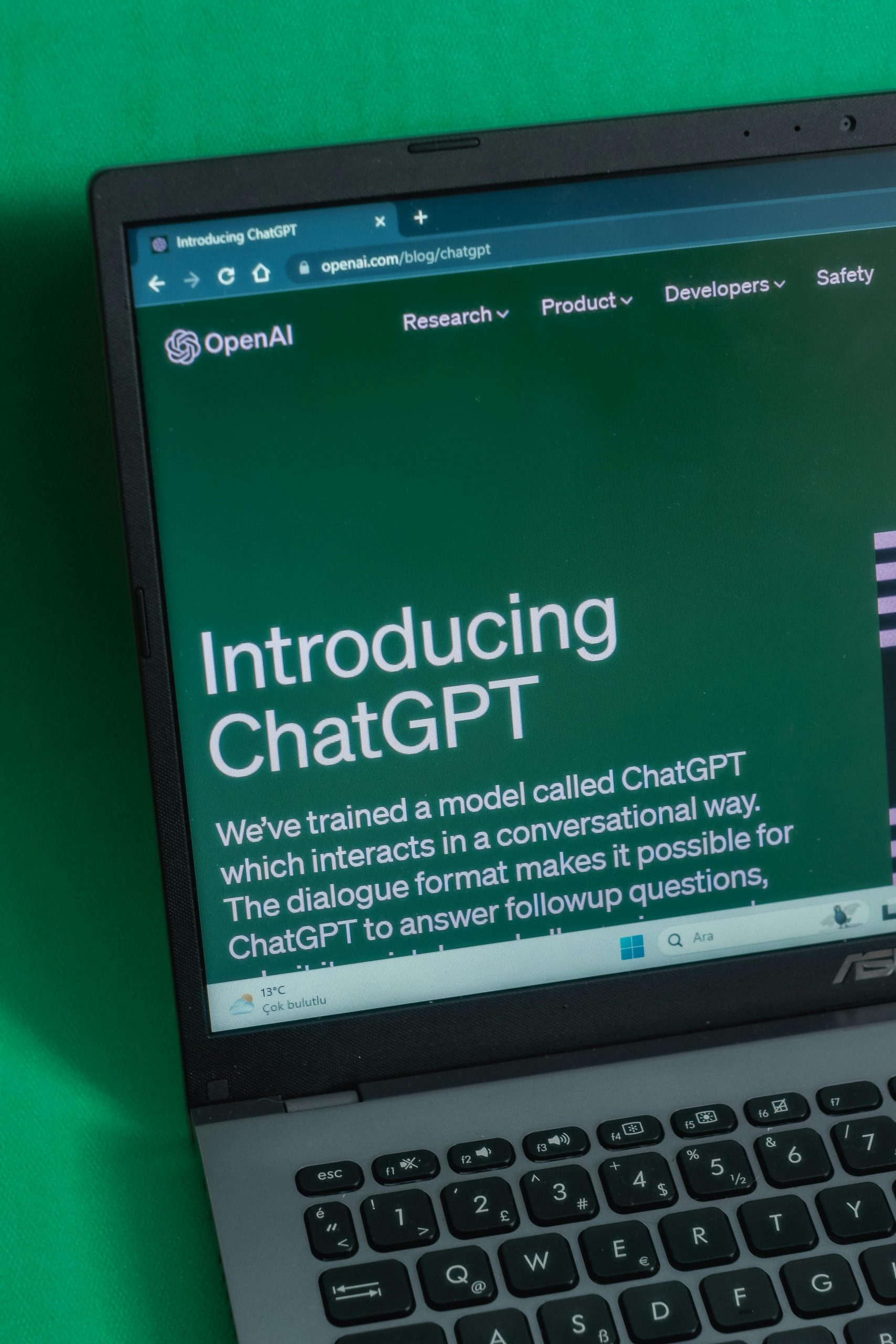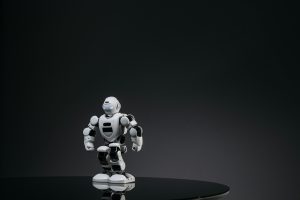I’ve Just Discovered a Shocking Fact About AI That No One Is Discussing
The Unseen Consequence of AI: Losing Our Ability to Be Truly Bored
In our rapidly evolving digital landscape, there’s an unsettling truth that hasn’t received enough attention: artificial intelligence isn’t just transforming jobs; it’s subtly eroding a fundamental aspect of human experience—our capacity for boredom.
Reflect for a moment. When was the last time you experienced genuine, deep boredom? That state where your thoughts wander freely, and the world feels momentarily quiet? For many, it’s a distant memory. The second boredom appears, our instinct is to reach for our smartphones, instantly seeking entertainment. Now, with AI and sophisticated algorithms at our fingertips, instant diversion is always available.
But here’s the concern: boredom has historically been a cornerstone of human creativity. It’s often during these quiet, seemingly unproductive moments that remarkable ideas emerge. Iconic breakthroughs—Einstein’s theories conceived during contemplative walks, J.K. Rowling’s inspiration on a delayed train, Darwin’s insights from long strolls—these all stemmed from periods of reflective downtime, not constant stimulation.
We’ve evolved to handle boredom by engaging our imaginations, connecting disparate ideas in innovative ways—traits that define human ingenuity. Boredom fuels our creativity; it’s a vital space for our minds to wander and cluster new thoughts.
However, AI has become the ultimate antidote to boredom. Its relentless availability and endless creativity mean we rarely venture into that quiet mental space anymore. Instead of our minds wandering aimlessly, we turn to AI-driven content—ranging from TikTok feeds to personalized recommendations—keeping our brains busy and distracted.
This shift poses a significant risk: future generations may never experience the mental discomfort that fosters innovation. AI has been trained on human creativity, much of which originated from those moments of boredom. But if we sidestep boredom altogether, how will new ideas emerge? What will AI learn from next, if not from a human mind that’s been allowed to simply think?
As we stand on this threshold, it’s worth asking: are we unintentionally depriving ourselves of our most powerful creative catalyst? We’ve achieved a remarkable solution to boredom, but at what potential cost? Could we be heading into an era where the very experiences that sparked humankind’s greatest innovations are lost forever?
This is a critical moment to reflect—are we walking into a future where we trade our creativity for convenience? Or can we find a balance that preserves the quiet spaces where true innovation begins?














Post Comment